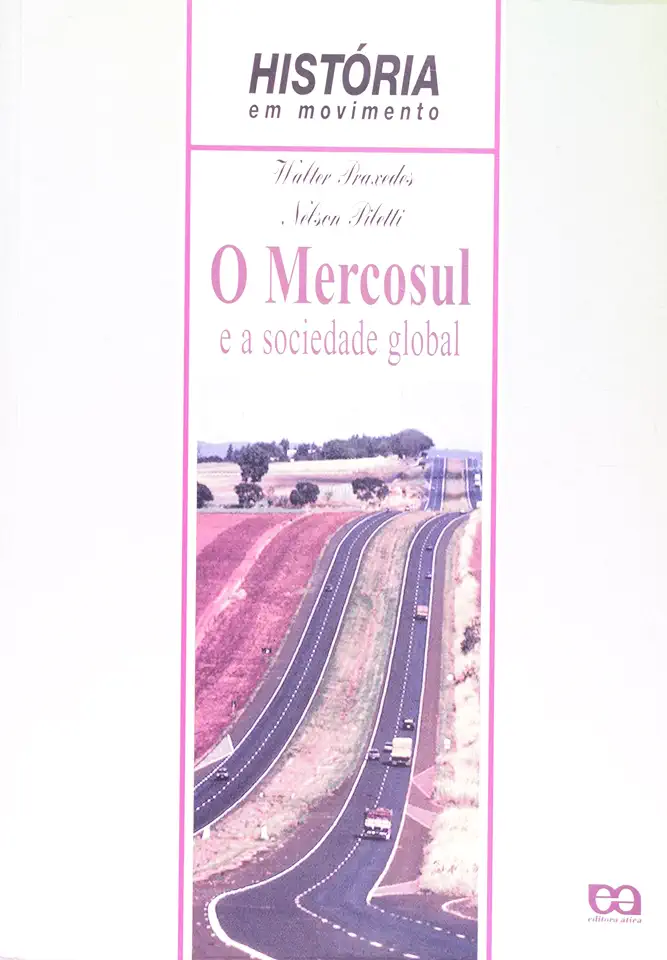
Mercosur and the Global Society - Walter Praxedes / Nelson Piletti
Mercosur and the Global Society: A Comprehensive Analysis
Introduction
In today's rapidly globalizing world, regional economic blocs are playing an increasingly important role in shaping the global economic landscape. Among these blocs, Mercosur stands out as a significant player, with its member states accounting for a substantial share of global trade and economic output. In their seminal work, "Mercosur and the Global Society," Walter Praxedes and Nelson Piletti provide a comprehensive analysis of this influential regional bloc, examining its history, structure, challenges, and prospects.
Historical Evolution of Mercosur
The book begins by tracing the historical roots of Mercosur, providing a detailed account of its formation and development. The authors highlight the key factors that led to the creation of Mercosur, including the desire to promote regional economic integration, enhance trade and investment, and strengthen political cooperation among its member states. They also discuss the various stages of Mercosur's evolution, from its initial formation in the 1990s to its current status as a fully-fledged customs union.
Institutional Framework and Functioning
Praxedes and Piletti offer a thorough examination of Mercosur's institutional framework and functioning. They explain the different institutions that make up Mercosur, such as the Common Market Council, the Common Market Group, and the Mercosur Parliament, and discuss their respective roles and responsibilities. The authors also analyze the decision-making process within Mercosur, highlighting the challenges and opportunities associated with reaching consensus among member states.
Trade and Economic Integration
One of the central themes of the book is Mercosur's impact on trade and economic integration. The authors provide a comprehensive analysis of Mercosur's trade policies, including its common external tariff, trade agreements with third countries, and its participation in global trade negotiations. They also examine the effects of Mercosur on trade flows, economic growth, and investment within the region.
Challenges and Prospects
Praxedes and Piletti identify and discuss the various challenges that Mercosur faces, both internally and externally. These challenges include persistent trade imbalances, differences in economic development levels among member states, and the need to enhance institutional coordination and governance. The authors also explore the potential for Mercosur to expand its membership, deepen its integration, and play a more significant role in the global economy.
Conclusion
In conclusion, "Mercosur and the Global Society" is a comprehensive and insightful analysis of one of the world's most important regional economic blocs. Through their rigorous research and analysis, Walter Praxedes and Nelson Piletti provide a valuable resource for scholars, policymakers, business leaders, and anyone interested in understanding the dynamics of regional integration and its impact on the global economy. This book is a must-read for anyone seeking to gain a deeper understanding of Mercosur and its role in shaping the global economic landscape.